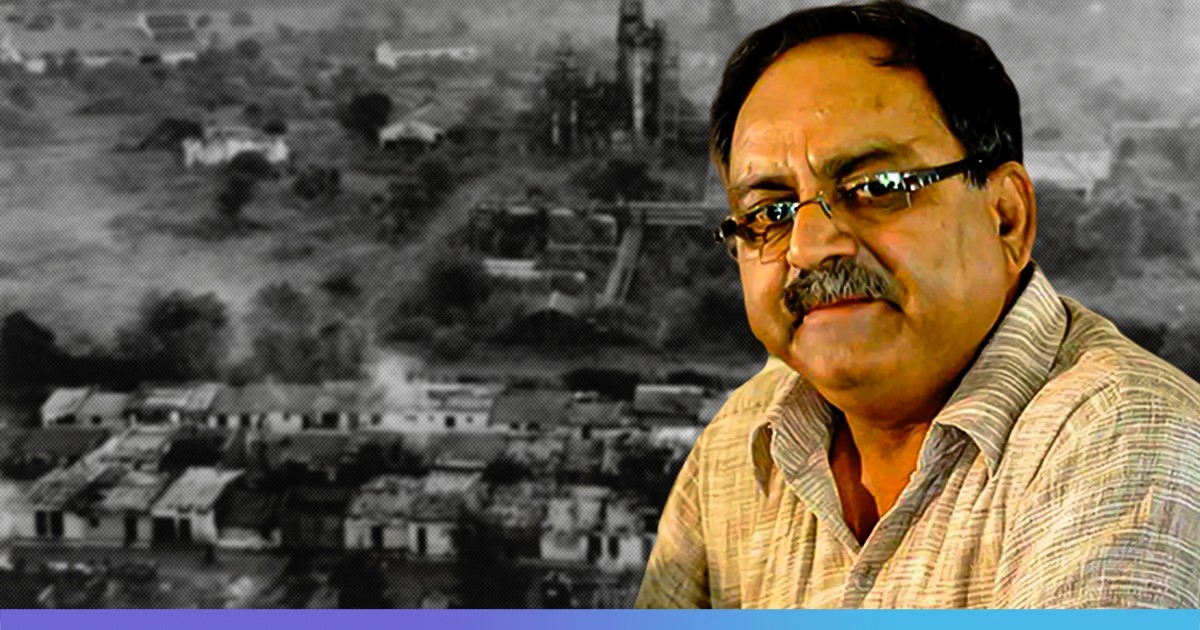Bhopal gas tragedy survivor, Abdul Jabbar, who fought for lakhs of victims of one of the world’s worst industrial disaster in 1984, died on Thursday at a private hospital in Bhopal.
Jabbar lost almost 50%of his vision and suffered serious lung ailments due to the gas leak. But, this never came in between his fight for justice.
Speaking to The Logical Indian, a medical officer at the Bhopal Memorial Hospital said, “He was about to get heart surgery in Mumbai but due to multiple health complications, his surgery was getting delayed.”
Jabbar who had lost his family to the Bhopal gas tragedy took it upon himself to fight the Union Carbide in the courts for adequate compensation for around 5 lakh injured and 25,000 people who lost their lives (as per official records).
After the compensation was rolled out in 1989, Jabbar shifted his focus to the skill development of those who were injured in the tragedy.
Jabbar had started the Bhopal Gas Peedit Mahila Udyog Sangathan, an organisation for the upliftment of women who were a victim of the tragedy. The organisation staged demonstrations, seeking allowances and compensation for widows who lost their loved ones to the disaster and also provided them with employment opportunities.
In all these years, Jabbar helped over 5,000 women get jobs through training at his Swabhiman Kendra (an economic rehabilitation centre) in Old city.
An activist who worked for the livelihood of thousands of survivors after the 1984 incident, himself had little resources and was struggling to fund his own treatment.
Former Chief Minister Digvijaya Singh assured his family that the government would bear the entire cost of treatment. In the evening, Chief Minister Kamal Nath also suggested Jabbar’s transfer to Mumbai for treatment, but it was too late.
भोपाल गैस त्रासदी के बाद हज़ारों पीड़ितों के हितो के लिये सतत संघर्ष करने वाले अब्दुल जब्बार भाई का हाल ही में बीमार होने पर चल रहे इलाज का सारा ख़र्च सरकार ने वहन किया,और आगे भी सरकार उनके इलाज का पूरा ख़र्च वहन करेगी,उनके साथी चिंतित ना हो।
वे शीघ्र स्वस्थ हो,ऐसी ईश्वर से कामना— Office Of Kamal Nath (@OfficeOfKNath) November 14, 2019
Several messages began to pour in from across the city, especially from the survivors of the 1984 tragedy, who remembered him as a crusader who devoted his life fighting for justice.
More than 20,000 people died after methyl isocyanate gas leaked from a pesticide plant of Union Carbide India Limited in the capital city in Madhya Pradesh on the intervening night of December 2-3, 1984. Many more continue to suffer from its ill effects till date.
Also Read: Bhopal Gas Tragedy: FIR Against Activists Who Accused BJP Minister Of Frauding Victims













